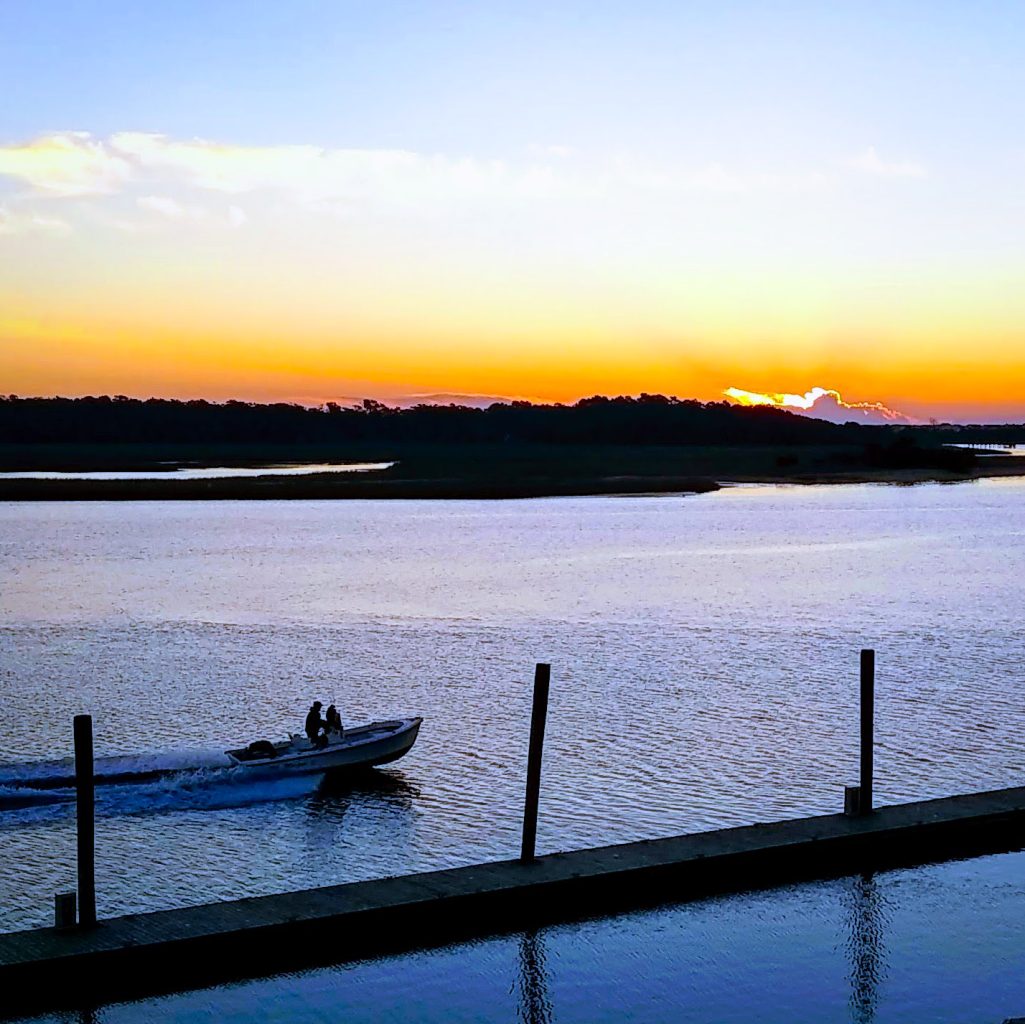
This lengthy psalm opens the fifth and final section of the Book of Psalms. It basically deals with the importance of thanking YHWH for the good things He does. The psalm’s three basic settings are the darkest night, the desolate wilderness and the storm-tossed sea — all fearful places still.
One passage is especially familiar. I chose it years ago to use as an epigraph for a novel about an old shrimp boat captain on the North Carolina coast: “Those who go down to the sea, / Who do business on great waters, / They see the works of the Lord, / And His wonders in the deep.”
This psalm’s theme is that YHWH requires thanks for His part in saving His people from danger. If they’re ungrateful, “He turns rivers into a wilderness, / And the watersprings into dry ground; / A fruitful land into barrenness, / For the wickedness of those who dwell in it.” That isn’t gracious.
So, now millenia later, is our “wickedness” to blame for the destruction of the natural world? And is climate change somehow retribution for our lack of appreciation? You’d think the conservative folks among us would read this psalm and straight away become environmentalists. But, uh, no.
